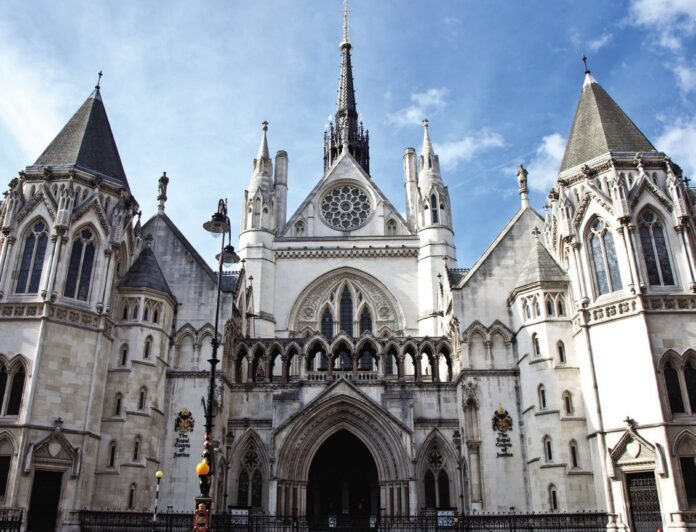The High Court has deemed the government’s strategy to meet climate targets and transition to a greener economy unlawful.
The activist groups that initiated the lawsuit argued that the plan relied excessively on risky technologies and downplayed the risk of failing to meet targets. Judge Clive Sheldon upheld four of the five grounds presented in the legal challenge.
The government asserted that it had successfully achieved its previous three “carbon budget” targets for emissions reduction and was on course to meet the next one. However, others have cautioned about potential future shortfalls.
Today, ministers agreed to release a new report within 12 months to comply with the ruling. They stated that while the overarching plan had not been criticised and would remain government policy, adjustments were necessary. Katie de Kauwe, a lawyer representing Friends of the Earth, described it as an “embarrassing defeat for the government and its reckless and inadequate climate plans.” She emphasised the importance of emission reduction not only in averting the worst effects of climate change but also in creating sustainable jobs in green industries, enhancing energy security, reducing bills, and diminishing reliance on costly fossil fuels.
This marks the second instance in which the three groups – Friends of the Earth, ClientEarth, and the Good Law Project – have taken legal action against the government regarding its climate strategies. In July 2022, the High Court ruled in their favour, declaring the government’s previous climate plan, the Net Zero Strategy, unlawful for its failure to outline how targets would be achieved. This led officials to develop a revised version, the Carbon Budget Delivery Plan (CBDP), which the campaigners still found inadequate and hence challenged in court.
The dispute revolves around the carbon budgets established by the government to achieve Britain’s goal of net zero emissions by 2050. Published in March 2023, the plan was criticized for its heavy reliance on unproven technologies such as carbon capture and storage (CCS), which, despite their potential significance in mitigating climate change, have proven difficult to scale up and remain prohibitively expensive.
Additionally, the groups argued that the plan was flawed because then-energy minister Grant Shapps was not adequately informed of the risks associated with implementing policies to reduce emissions.
A spokesperson for the government’s energy security and net zero department stated, “The UK can be immensely proud of its efforts in addressing climate change. Not only are we the first major economy to achieve halfway to net zero, but we have also provided more detailed plans than any other G20 country on our path to achieving ambitious carbon budgets.”
They further contended that the claims in the case primarily concerned procedural matters and that the judgment did not criticize the detailed plans in place. The government expressed its belief that legal proceedings focused on procedural issues were not the most effective means of advancing progress towards the shared goal of reaching net zero emissions.
If you like our content, join us in helping to bring reality and decency back by SUBSCRIBING to our Youtube channel: https://www.youtube.com/channel/UCQ1Ll1ylCg8U19AhNl-NoTg AND SUPPORTING US where you can: Award Winning Independent Citizen Media Needs Your Help. PLEASE SUPPORT US FOR JUST £2 A MONTH https://dorseteye.com/donate/







